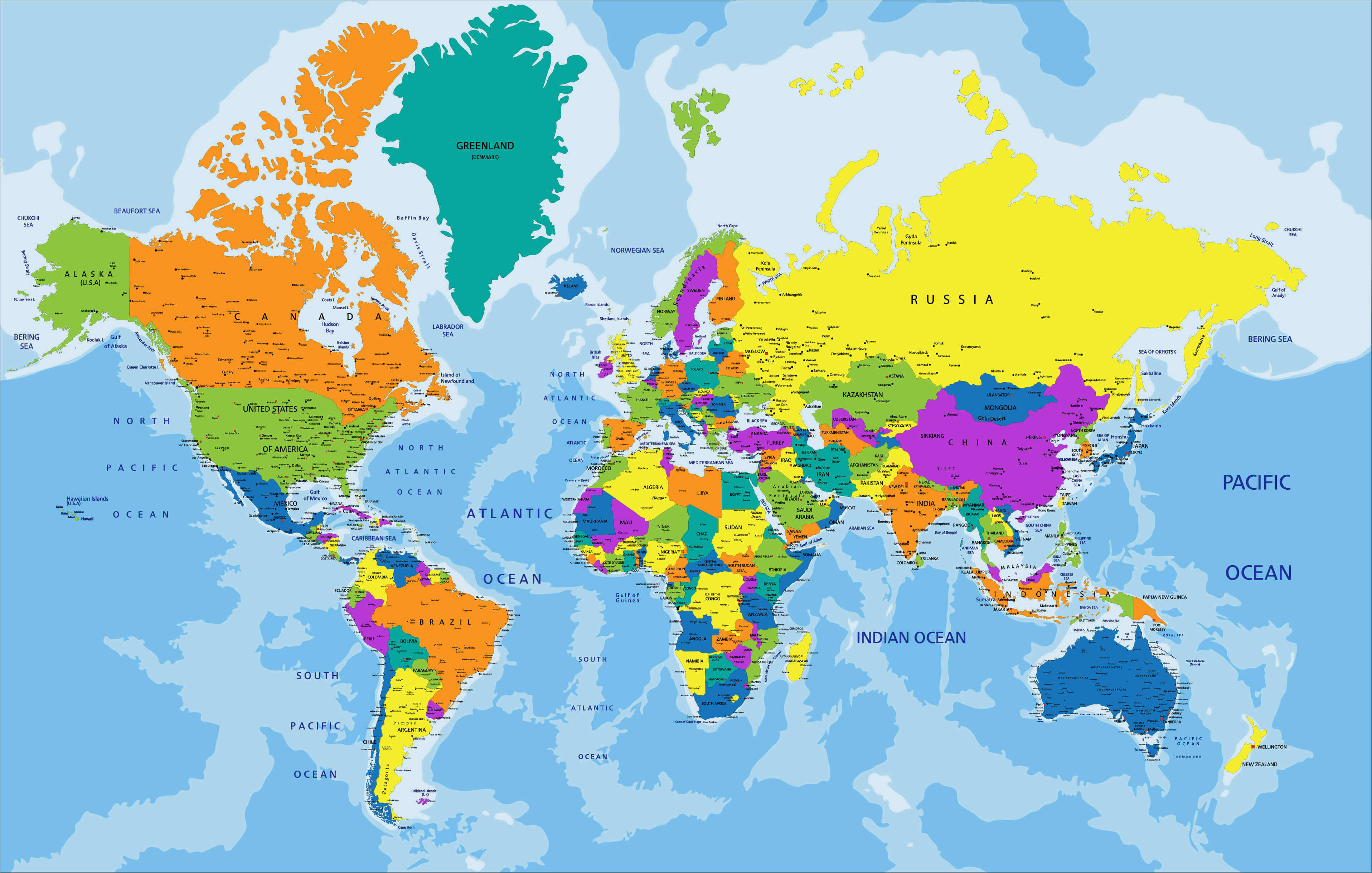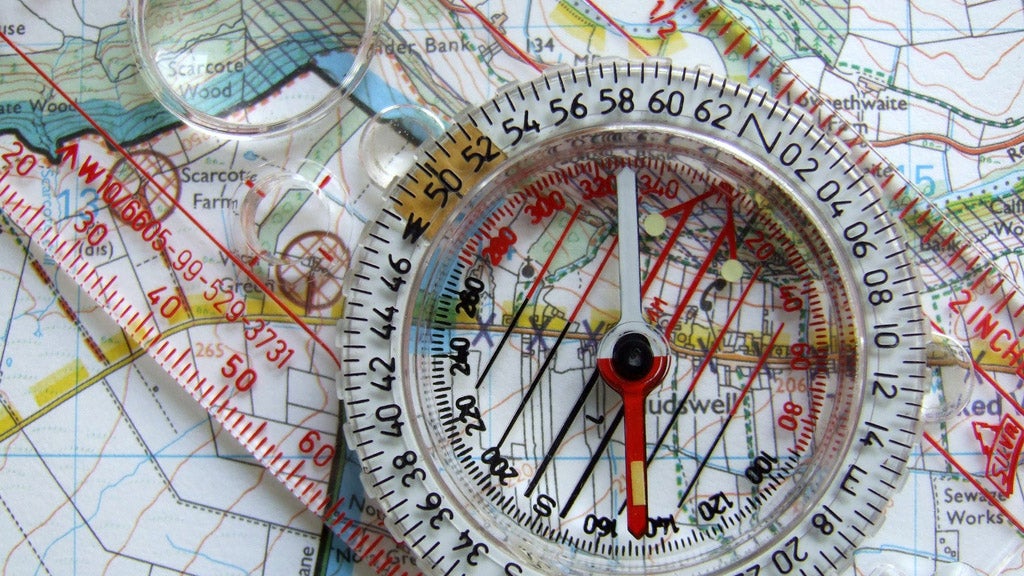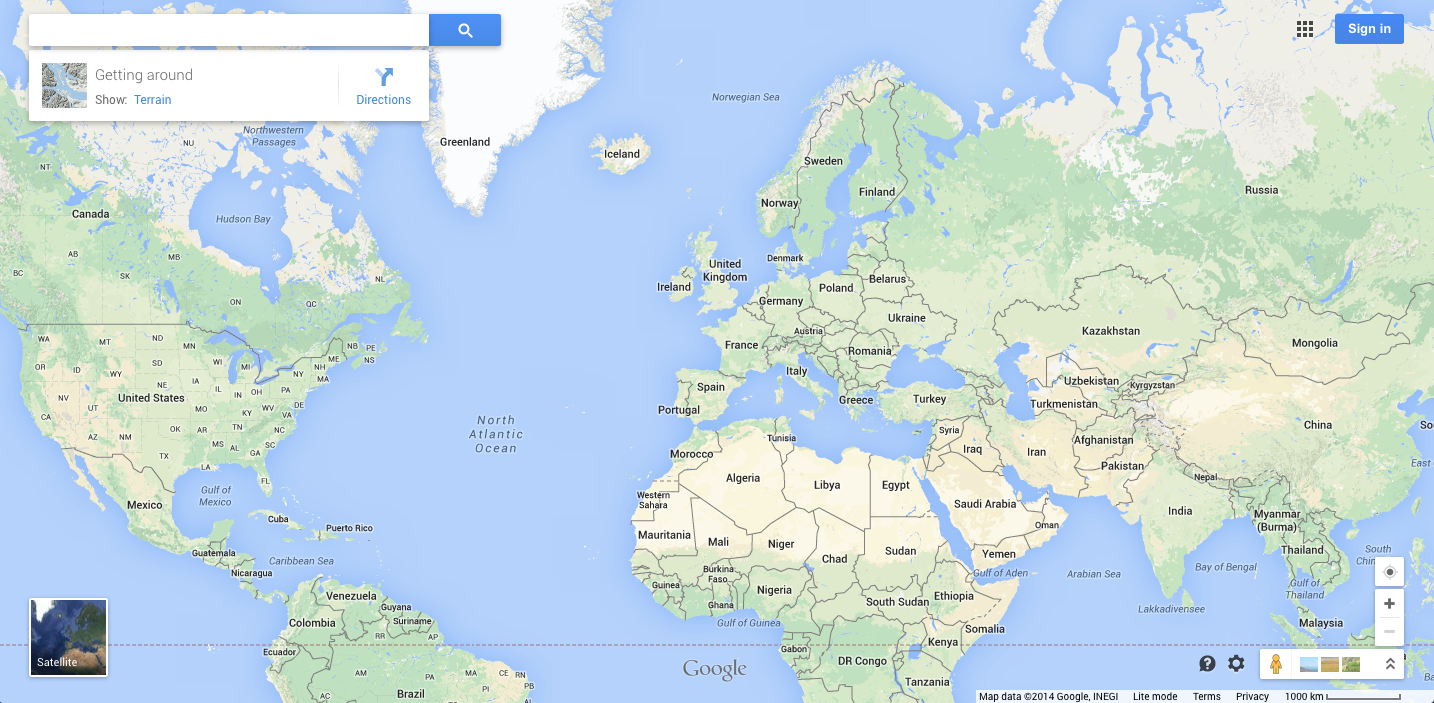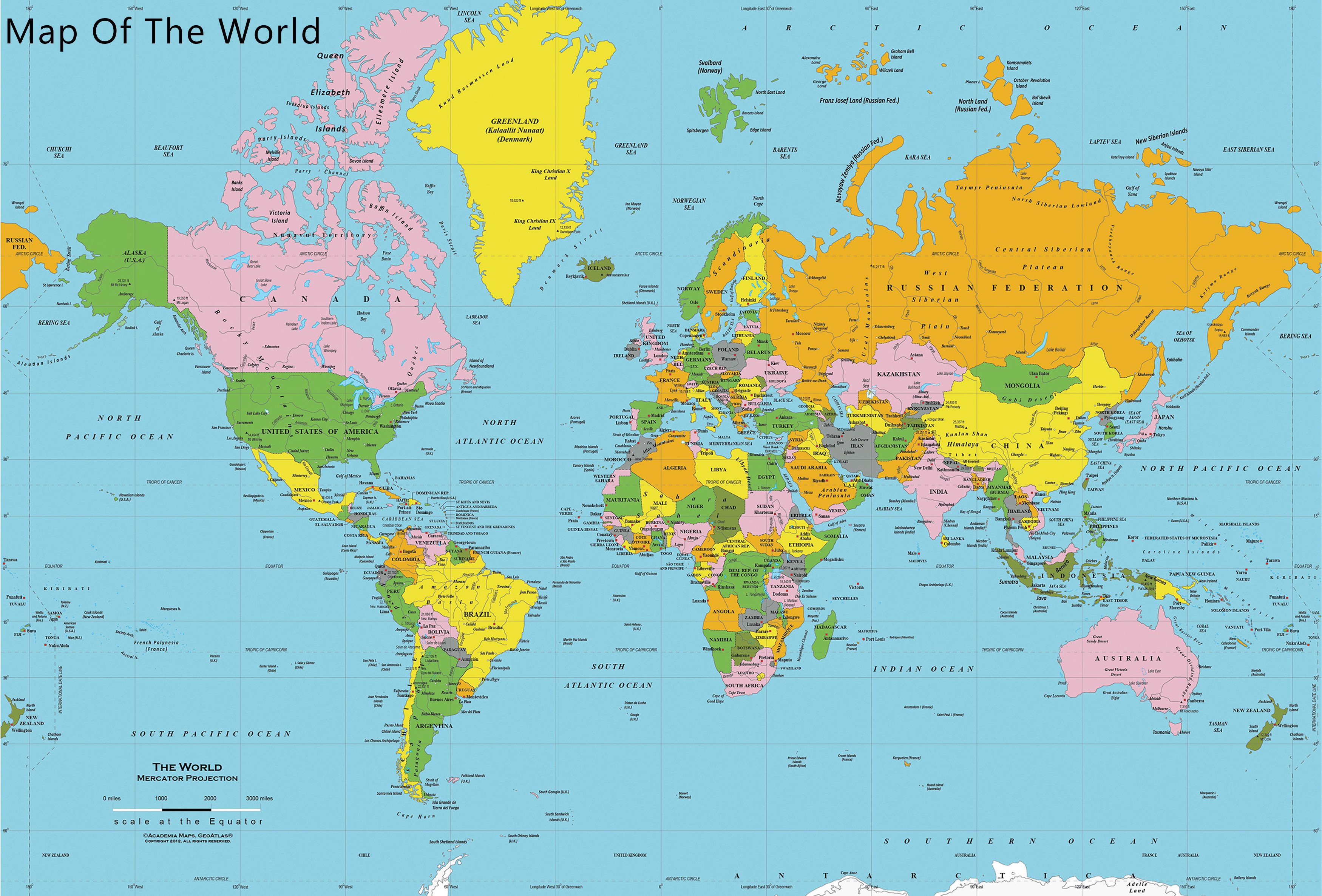Navigating the World of Maps: A Comprehensive Guide to Map Courses
Related Articles: Navigating the World of Maps: A Comprehensive Guide to Map Courses
Introduction
With great pleasure, we will explore the intriguing topic related to Navigating the World of Maps: A Comprehensive Guide to Map Courses. Let’s weave interesting information and offer fresh perspectives to the readers.
Table of Content
Navigating the World of Maps: A Comprehensive Guide to Map Courses

In a world increasingly reliant on digital navigation, the art and science of map reading might seem antiquated. However, understanding maps remains a valuable skill with applications beyond simply finding your way. Map courses offer a comprehensive exploration of cartography, equipping individuals with the knowledge and skills to interpret, analyze, and utilize maps for various purposes.
Unveiling the Importance of Map Courses:
Map courses offer a unique blend of practical and theoretical knowledge, fostering critical thinking, problem-solving, and spatial reasoning. They go beyond simply memorizing locations; they delve into the intricate world of map design, projection systems, and the diverse applications of maps across various disciplines.
Benefits of Embarking on a Map Course:
- Enhanced Spatial Awareness: Map courses cultivate an understanding of spatial relationships, improving one’s ability to visualize and interpret the world around them. This is crucial for professions requiring spatial reasoning, such as architecture, urban planning, and geography.
- Improved Navigation Skills: While GPS devices are ubiquitous, understanding maps empowers individuals to navigate independently, even in situations where technology fails. This is particularly relevant for outdoor enthusiasts, travelers, and emergency preparedness.
- Historical and Cultural Understanding: Maps serve as historical records, documenting the evolution of human settlements, political boundaries, and cultural landscapes. Map courses offer insights into the past, fostering a deeper appreciation for the world’s diverse cultures and histories.
- Data Interpretation and Analysis: Maps are powerful tools for visualizing and analyzing data. Map courses equip individuals with the skills to interpret map symbols, legends, and scales, enabling them to extract meaningful information from geographic data.
- Career Advancement: Proficiency in map reading and analysis can enhance career prospects in various fields, including surveying, environmental management, resource management, and emergency response.
Understanding the Scope of Map Courses:
Map courses are offered at various levels, catering to different interests and skill sets. Here are some common types of map courses:
- Introductory Map Courses: These courses provide a foundation in map reading, covering basic map elements, symbols, and scales. They are suitable for individuals seeking a general understanding of maps and their applications.
- Advanced Map Courses: These courses delve deeper into cartographic principles, map projections, and the use of Geographic Information Systems (GIS). They are ideal for individuals pursuing careers in cartography, geography, or related fields.
- Specialized Map Courses: These courses focus on specific types of maps, such as topographic maps, nautical charts, or historical maps. They cater to individuals with specific interests or professional needs.
Navigating the World of Map Courses: A Comprehensive Guide
Choosing the Right Map Course:
Selecting the right map course requires careful consideration of your goals, interests, and skill level. Here are some factors to consider:
- Your Level of Experience: If you are new to map reading, an introductory course is a good starting point. If you have prior experience, an advanced or specialized course may be more suitable.
- Your Interests: Consider your specific interests, such as historical maps, topographic maps, or nautical charts. Choose a course that aligns with your passions.
- Your Goals: What do you hope to achieve by taking a map course? Do you want to improve your navigation skills, enhance your career prospects, or simply expand your knowledge?
- Course Format: Map courses are offered in various formats, including online, in-person, and hybrid. Choose a format that best suits your learning style and schedule.
FAQs About Map Courses:
Q: Who should take a map course?
A: Map courses are beneficial for anyone interested in understanding maps, improving their navigation skills, or pursuing careers in fields involving spatial analysis. This includes individuals interested in outdoor activities, travel, history, geography, urban planning, environmental management, and emergency response.
Q: Are map courses difficult?
A: The difficulty of map courses varies depending on the level and content. Introductory courses are generally accessible to individuals with no prior experience. Advanced courses may require a higher level of understanding and analytical skills.
Q: What are the prerequisites for map courses?
A: Most introductory map courses do not have specific prerequisites. Advanced courses may require prior knowledge of geography, cartography, or related fields.
Q: How long do map courses last?
A: The duration of map courses varies depending on the format and level. Online courses may be completed at your own pace, while in-person courses typically have set schedules.
Q: What are the benefits of taking a map course online?
A: Online map courses offer flexibility and convenience, allowing you to learn at your own pace and on your own schedule. They also provide access to a wide range of resources and materials, such as interactive maps, videos, and quizzes.
Tips for Success in Map Courses:
- Active Engagement: Participate actively in class discussions, ask questions, and engage with the course material.
- Practical Application: Apply the concepts you learn in real-world situations, such as planning hikes, navigating unfamiliar areas, or analyzing geographic data.
- Use of Resources: Utilize the resources provided by the course, such as textbooks, maps, and online tools.
- Practice, Practice, Practice: The key to mastering map reading is practice. Regularly use maps to navigate and analyze information.
Conclusion:
In an age of digital navigation, map courses offer a valuable opportunity to reconnect with the fundamental art and science of cartography. By understanding the principles of map design, projection systems, and data interpretation, individuals can enhance their spatial awareness, improve their navigation skills, and gain a deeper appreciation for the world around them. Whether you are an outdoor enthusiast, a traveler, a professional, or simply curious about the world, a map course can provide you with a unique and enriching learning experience.








Closure
Thus, we hope this article has provided valuable insights into Navigating the World of Maps: A Comprehensive Guide to Map Courses. We hope you find this article informative and beneficial. See you in our next article!